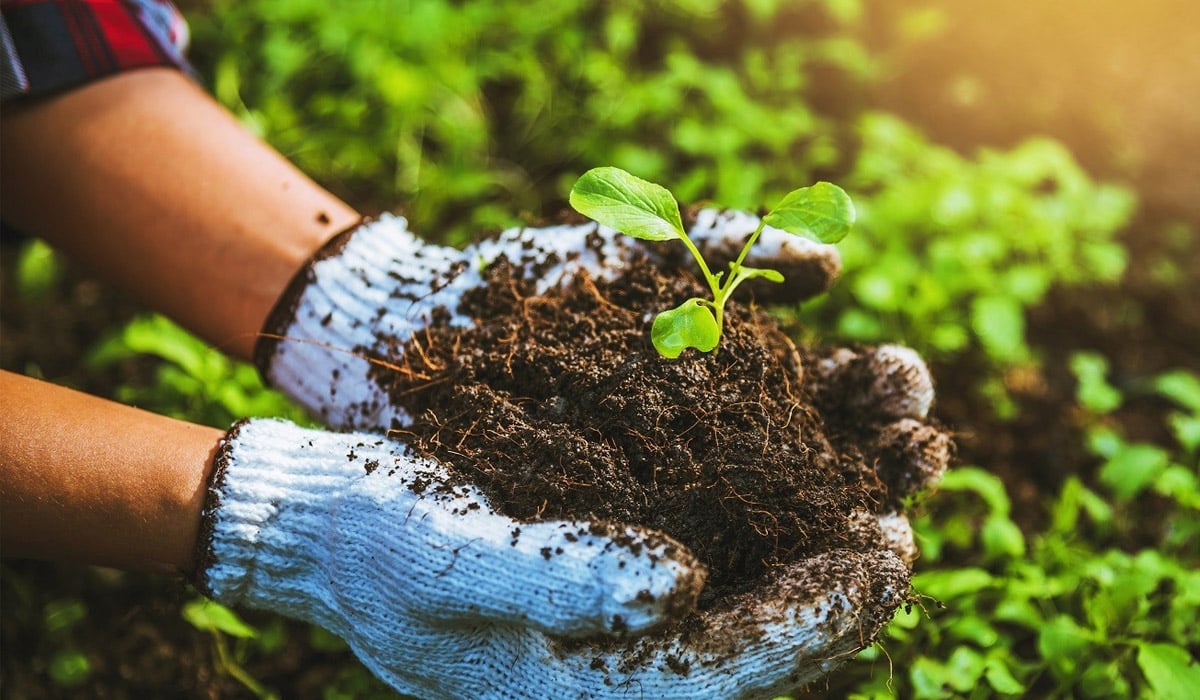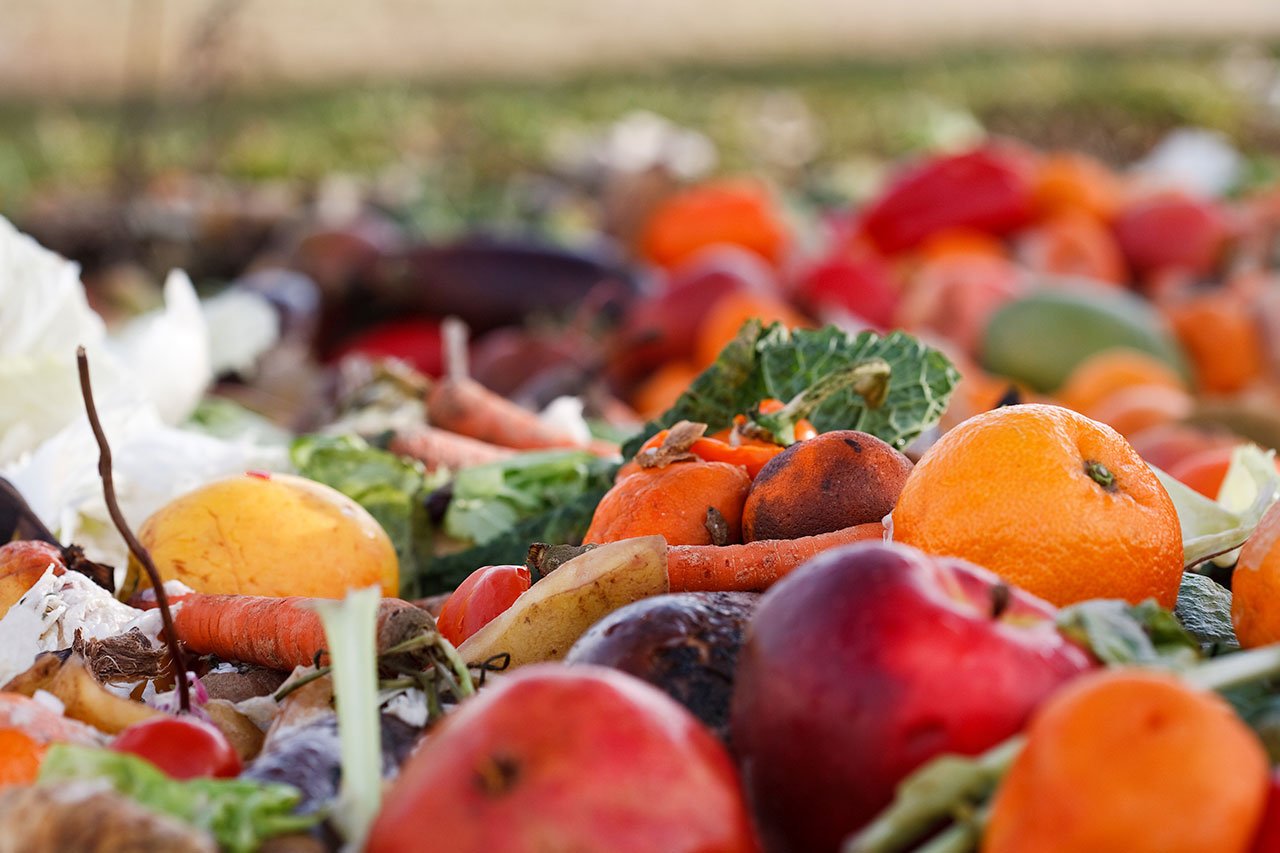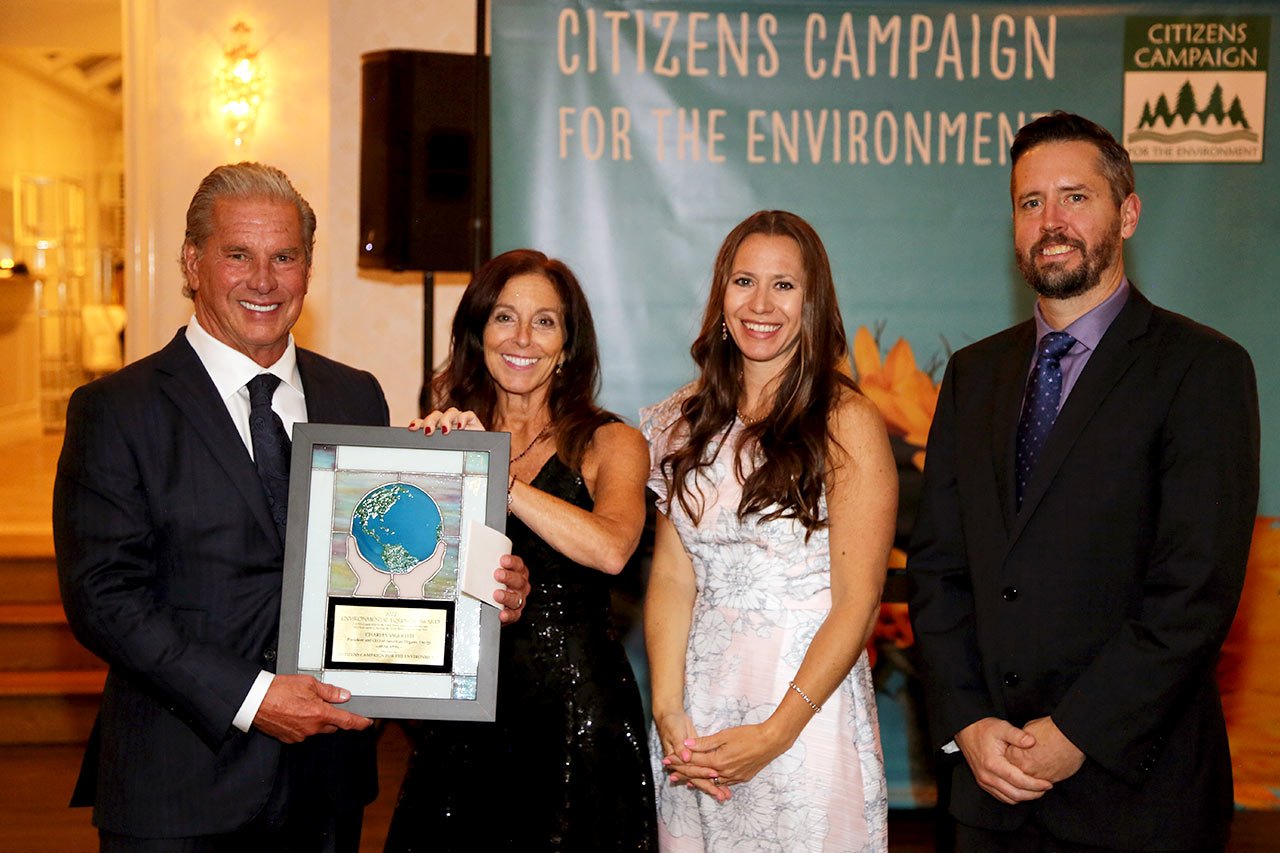While soil is commonly viewed as mere dirt, the reality couldn’t be farther from the truth. In addition to nourishing plant life, providing a home for countless organisms, and filtering water, soil sequesters carbon dioxide and mitigates climate change. Two recent documentaries, “Living Soil” and “Kiss the Ground,” have brought widespread attention to soil’s critical role in the environment. We’ll highlight key takeaways everyone should know.
Living Soil: A Documentary With a Global Mission
Originally released in 2018, “Living Soil” continues to set new milestones. Produced by the nonprofit Soil Health Institute (SHI) and directed by Chelsea Myers and Tiny Attic Productions, this viral success has garnered more than 3 million YouTube views and is available with captioning in more than 20 languages.
Told through the eyes of farmers, agronomists, environmentalists, and policymakers, “Living Soil” shares an important message about soil health and its effects on the environment and society. The film takes viewers on a journey across the United States that illustrates the following points:
- In the next 40 years, we’ll need approximately as much food as we’ve produced in the last 500 years.
- In the last 100 years, we’ve oxidized more than half of the soil’s organic matter into the atmosphere.
- Cover crops are critical for:
- Getting carbon into the soil
- Regulating the soil temperature to foster microbial growth
- Maintaining moisture levels
- Increasing the yield
- Protecting the soil
- Reducing waterway pollution
- No-till practices:
- Reduce the need for employees and equipment
- Increase production
- Reduce costs
- Limit off-site pollution
- Strategic crop rotation can make the soil healthier and reduce the need for synthetic fertilizers
- Building soil takes a lot of time
- When soil is deprived of organic matter, it loses its water-holding capacity
Stream “Living Soil” for free on Soil Health Institute or YouTube. The Soil Health Institute also offers free lesson plans to help high school teachers and university faculty incorporate the documentary into their curriculum.
Kiss the Ground: Leveraging Star Power to Promote Regenerative Agriculture
Based on the bestselling book by Josh Tickell and narrated by Woody Harrelson, “Kiss the Ground” is a 2020 documentary about regenerative agriculture. Celebrities, scientists, farmers, business executives, and nonprofit leaders discuss the potential for healthy soil to stabilize the climate, replenish water supplies, and provide food.
Some of the film’s important points include:
- Healthy soil contributes to healthy plants, animals, humans, water, and climate.
- Despite contributing to the Dust Bowl, plowing and tilling remain widespread.
- There are more organisms in a handful of healthy soil than the number of people who have lived on Earth.
- Humans run on microbes we get from healthy soil, but spraying with chemicals kills living soil content.
- We’ve lost a third of the world’s topsoil since the 1970s.
- The remaining topsoil may be gone in 60 years.
- An estimated 1 billion people may be refugees of soil desertification by 2050.
- No-till, regenerative farming with cover crops and managed grazing preserves soil, reduces water needs, retains more carbon, and promotes plant growth.
“Kiss the Ground” is available through Netflix. Organizations are also invited to host screenings, and students, teachers, and schools can access a free educational version.
Long Island Compost is dedicated to supplying organic soils to help green spaces flourish while fighting climate change. Contact us to discuss the optimal soil for your next project.








